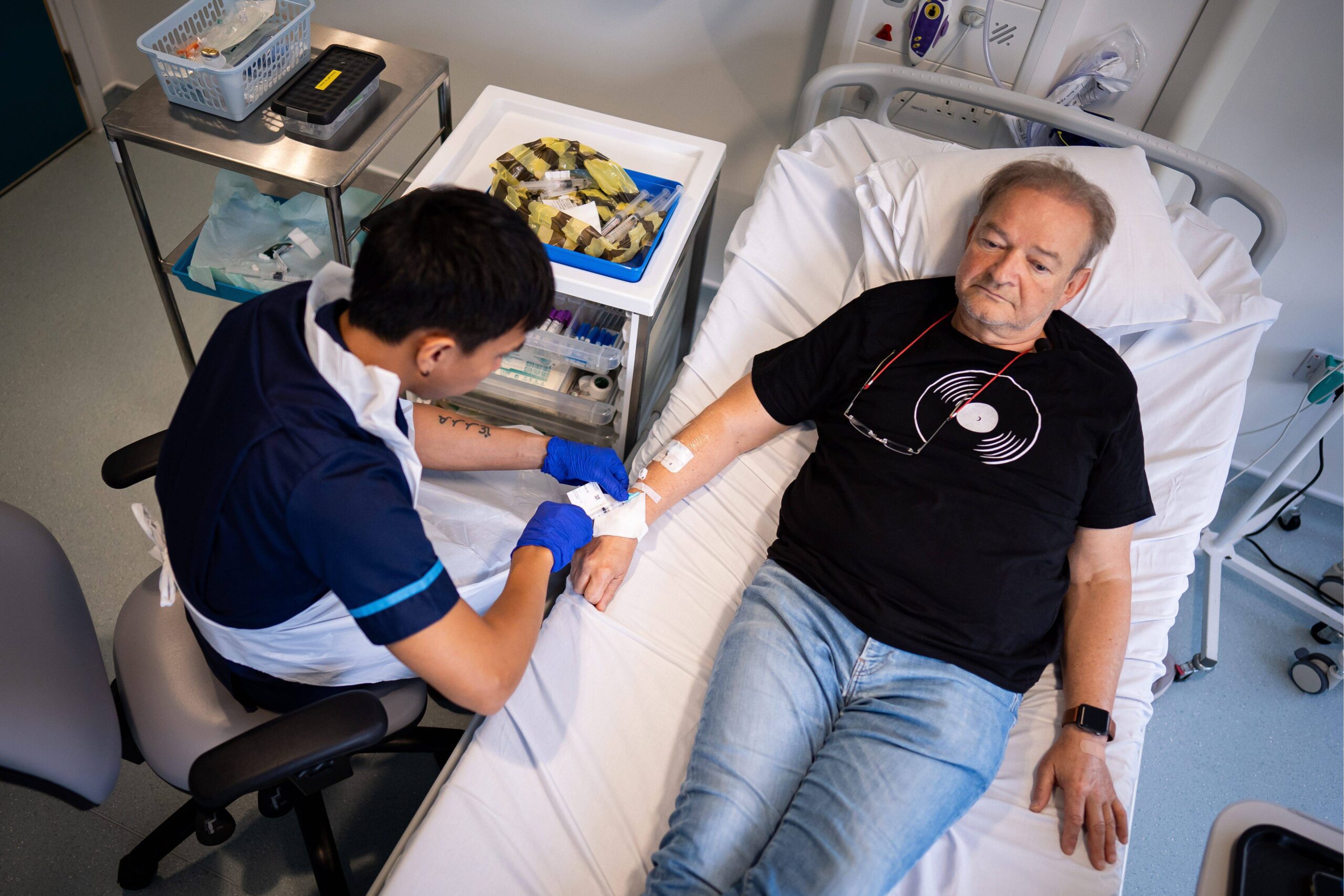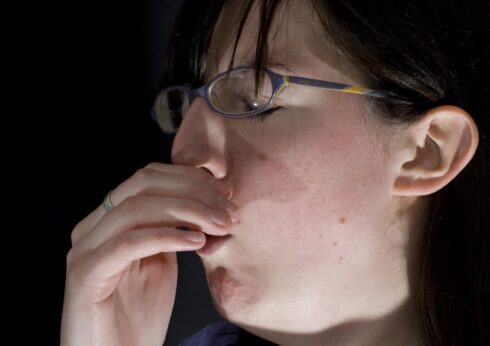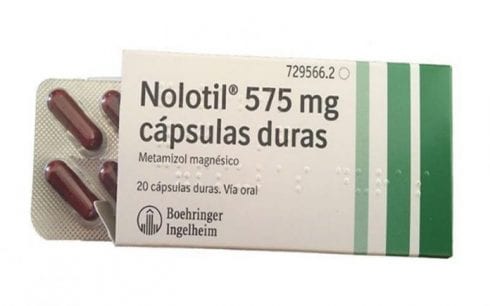FROM face transplants to robot surgeons, Spain has achieved many medical discoveries and innovations in the last year.
The country is becoming a world leader in scientific research and last year, it overtook Germany as the European forerunner of clinical trials.
Spain is proactively investing in research centres, healthcare structure and commercial partnerships, leading to this rise in medical research.
It is also faster at recruiting research participants and performs more single-country research than most European countries.

Photo: Cordon Press
One of the most impressive feats of the year was a pioneering face transplant carried out in Barcelona’s Hospital Universitario de Bellvitge last September.
It was one of the world’s first to extract tissue from a donor in controlled asystole.
This is a way of manually stopping the heart of a patient with no hope of recovery for the purpose of organ donation, providing an opportunity to retrieve organs that would otherwise be lost after natural death.
It was the first time in the world this kind of organ retrieval allowed for the extraction of the heart, face, and kidneys.
Now, the hospital is one of only 18 across the globe to have carried out the complex operation, since France achieved the first in 2005.
The operation lasted 12 hours and included over 60 professionals from at least 10 different medical and surgical departments.

It was led by Dr. Anna Lopez Ojeda and Dr. Oriol Bermejo alongside Dr. Gabriel Moreno Gonzalez.
The 47-year-old patient was suffering from type 1 neurofibromatosis, a hereditary condition causing benign tumours in the nervous tissue.
He had a large tumour on the side of his face, leading to severe aesthetic, psychological, social and functional issues.

To remove the tumour, the surgeons had to completely remove his upper lip, nose, right eyelid, the right half of his face and scalp.
They then implanted the donor’s face, connecting arteries, veins, and nerves.
The transplanted face will gradually take the shape of the recipient’s face as it adjusts to his bone structure.
It follows a European first carried out last June, where the Hospital Universitario Virgen de las Nieves, in Granada, gave a 16 month old girl an artificial palate.
The palate tissue was designed and generated by a team at the University of Granada, the same group that created artificial skin now authorised by the Spanish Medicines Agency.

Created over 12 years ago, UGRSKIN has only been used up until now as a last resort, experiential therapy.

Now burn units can receive specialist training to use the pioneering technology.
Also in Barcelona, the world’s first emergency robot surgeon was introduced to the Hospital Germans Trias i Pujol in November.
The robot works 24 hours a day, 365 days a year to attend urgent surgeries.

Known as Da Vinci, the robot will be used alongside surgeons to provide greater accuracy and less trauma for patients.
So far, it has been a great success, decreasing the time spent in hospital and speeding up recovery.

“Emergency surgeons are not always experts in certain pathologies, so robotic surgery makes surgeons who do not have the maximum expertise better,” director of the new emergency surgery unit Jose M Balibrea told La Vanguardia.
Spanish scientists have also been at the forefront of groundbreaking cancer research.
Javier Cortes, a researcher at the International Breast Cancer Center (IBCC) found a treatment plan to increase survival of early-stage triple-negative breast cancer patients.

Alongside Queen Mary University London researcher Peter Schmid, he identified that using drugs to boost the immune system increases survival rates if given both before and after chemotherapy.
Their research was recognised by the New England Journal of Medicine as one of the year’s ‘notable’ studies.
Meanwhile in Madrid, a research team from the Hospital Infantil Niño Jesus has successfully created an injection to combat tumours in children.
Known as Celyvir, the treatment has taken its first steps to approval by the Spanish Medicines Agency (AEMPs).
Injected directly into tumours, the medicine activates immune cells to fight against the cancer.
It is one of three advanced therapies created in Madrid’s health system (SERMAS), alongside Alofisel and NC1.
Spanish hospitals have also begun to administer the world’s first vaccine against lung cancer. Developed by German company BioNTech, the BNT116 vaccine teaches the immune system to attack lung cancer cells.

It is now being used at the Hospital Universitari i Politecnic La Fe in Valencia, as well as the Consorcio Hospitalario Provincial de Castellon as part of an international study.

Photo: Cordon Press
Lung cancer is the leading cause of cancer deaths worldwide but this innovation is thought to significantly improve treatment outcomes and minimise side effects compared to traditional chemotherapy.
It is administered alone or in combination with another drug, cemiplimab. It is hoped that combining the two will lead to better treatment outcomes.
Overall, 2024 has been a great year for Spanish medical innovation. While clinical trials are dwindling around the world, the country has strengthened its offering, becoming a leader in the medical research industry.










